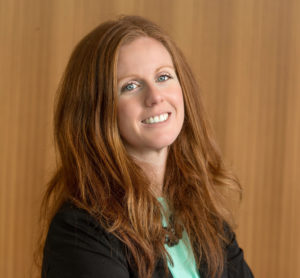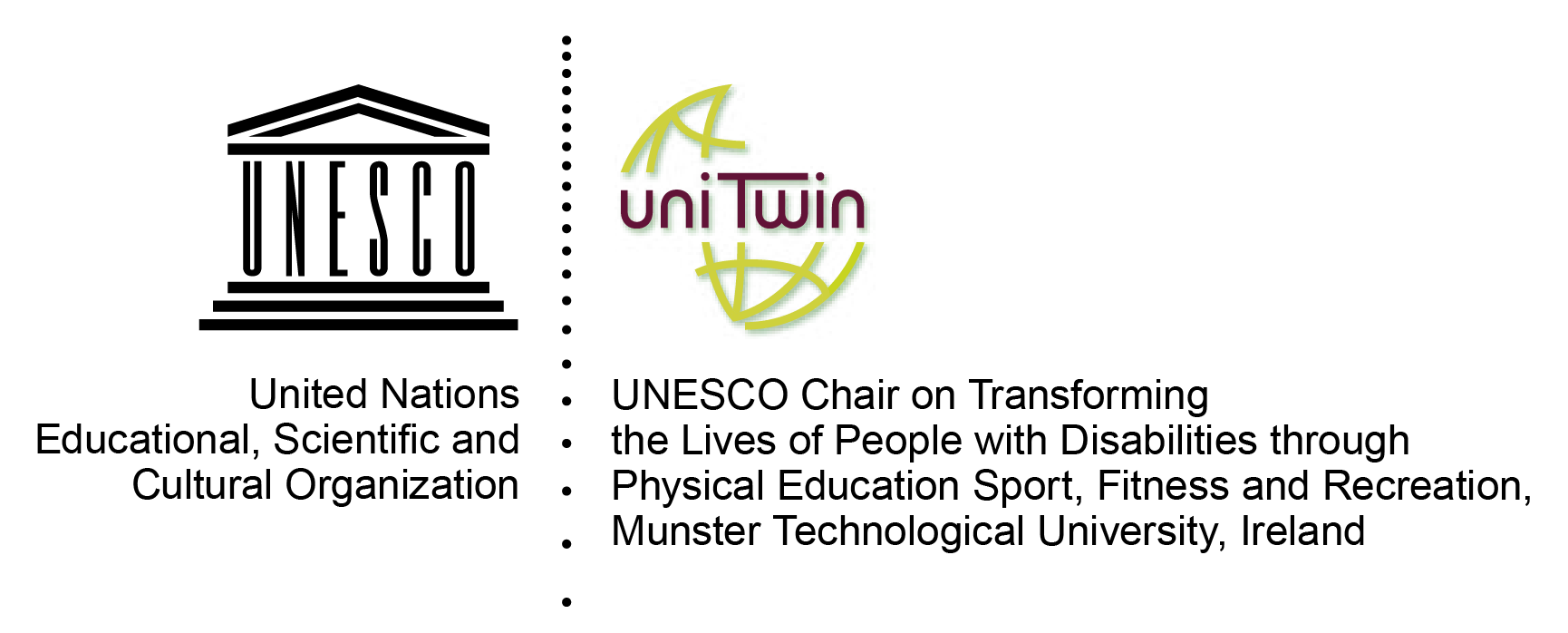Over the years I have struggled with finding a way to measure and/or capture disability in my research and programming practices. Here’s what I mean. In conversation with other researchers or community practitioners I find myself saying things like: ‘disability labels shouldn’t matter. We need to focus on structuring the environment so that it is not disabling’.
I prefer to adopt a more social model approach as I appreciate the way a barrier-free environment can make a huge difference in reducing the impact of impairment. I’m interested in conducting qualitative research to understand more about the meaning of lived experiences within specific contexts and how we can interpret these findings to make sense within our own lives and practices. I have tried to remove questions such as, ‘what’s your disability’ from demographic sheets in research studies. I have struggled to negotiate how to provide details about the number of members with disabilities at a community centre to satisfy funding agencies, when the centre is fully inclusive and this information is not required for someone to become a member.
I was recently reading the new Dear Everybody letters that are part of the Holland Bloorview Kids Rehabilitation Hospital’s campaign to end disability stigma, when I came across one that said, ‘Asking is better than assuming, but do you need to know?’ This reminded me of some of the recent reflections I’ve had on the information we require and gather about disability. Some of the questions I’ve been pondering include, is the information always required? For research? For program planning? Is there another way? What if instead of asking, ‘do you have a disability’, we had another option? If so, what is it called? What does it look like? What if we took a more functional approach?
From a pragmatic perspective, what if we wanted to know more about how someone interacts with their environment? This kind of information would be really useful for those working in policy and planning. It could also be really helpful for governments who want to know more about the needs of their citizens so that they can ensure resources are directed appropriately. Considering the non-negotiable role that monitoring and evaluation plays in all new program plans, especially those tied to funding, would it not be more meaningful to measure the impact of a program on a person’s ability to function and participate within their environment rather than to report that at pre and post intervention, the person was still diagnosed with MS?
One of my attempts to navigate this complicated issue was to include a question on a demographic sheet in a recent study that said, ‘do you identify as a person experiencing disability’? Are you surprised to learn that this ended up leading to more confusion? Some of the participants responded by saying, ‘I don’t know what this means’, while others said, ‘I don’t think of myself as disabled, but I’m guessing for this purpose you want me to say yes, don’t you?’ And me being the ever reflective researcher, sheepishly responded with ‘yeah, I guess’.
So where does that leave us? How do we capture and document information about people experiencing disability in a way that is meaningful, contextual and comparable across geographical locations? This is a complicated issue as we try to measure and adequately capture a phenomenon that may be interpreted and defined differently across multiple people/ contexts/ environments/ parts of the world. Looking for a solution? So were we, until we found the Washington Questions.
By Dr. Jennifer Leo
Postdoctoral Researcher
UNESCO Chair IT Tralee

Dr. Leo has worked in the area of physical activity, disability, and inclusion for the past 15 years, most recently as the Director, Research at the Abilities Centre in Whitby, Canada. She is interested in the lived experiences of people with disabilities and the preparation of professionals to deliver inclusive physical activity.
